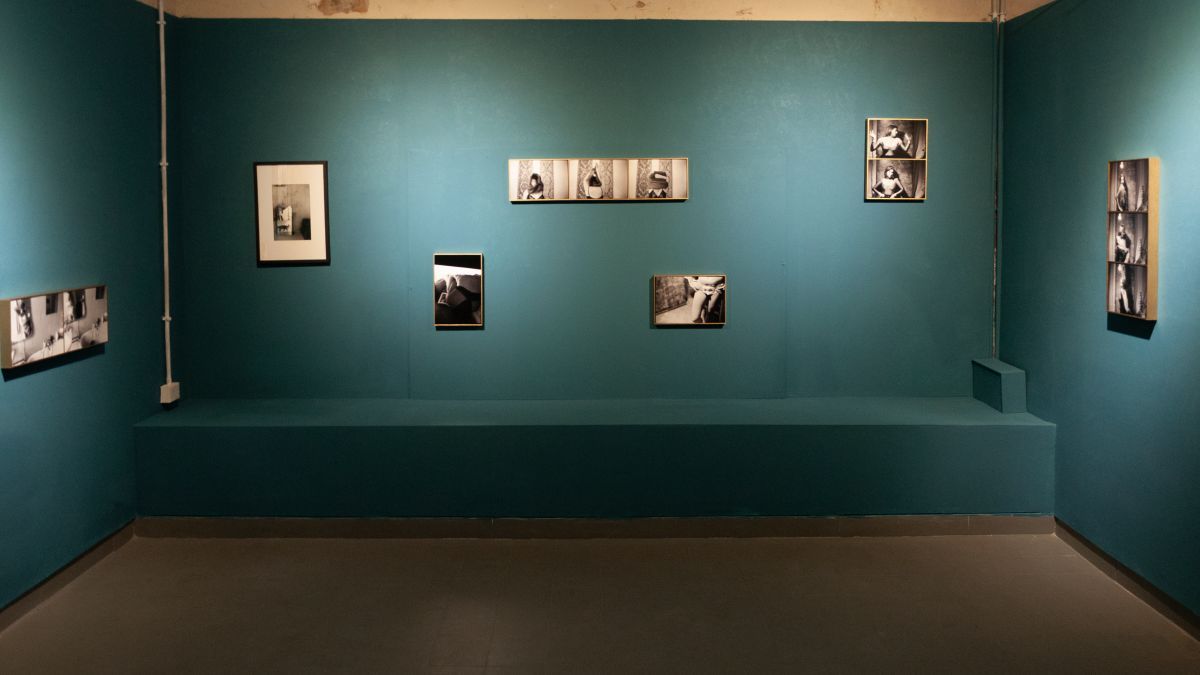Journalist: His current commitments with the Colón had already been sealed when he came.
Xavier Camarena: Yes. I was so impressed with the Theater, with its people, with Argentina, with its food… that we made a firm commitment to do both, a new recital and one of the operas, I think, most loved by the public, such as “L’elisir d’amore”. I am very happy that my debut with a full opera is with her, and an extraordinary creative team, like Nadine Sierra, with whom we recently sang “Lucia di Lamermoor” at the Metropolitan in New York; the great stage director Emilio Sagi, with whom I already acted in “I Puritani” and “Il Pirata”, at Real de Madrid, and maestro Evelino Pidó on the baton, who is a guarantee of Belcanto knowledge.
Q.: And in these five years, what are the main changes that your career experienced?
JC: In principle, an expansion of the repertoire towards the most lyrical part: I already mentioned “Lucia”, also “Rigoletto”. I added new roles, like Massenet’s “Manon”, Gounod’s “Romeo et Juliette”; soon I will do the Alfredo of “La Traviata” for the first time, whose aria and cabaletta I sang in the previous concert at the Colón.
Q.: And at the same time you withdrew others from your repertoire…
JC: Yes, “El barbero de Sevilla”, for example, which I sang for the last time in 2018 in New York. Much of Rossini has been left in the trunk of memories.
Q.: Is that because you need to renew yourself or because your voice is changing and you adapt to these new roles?
JC: Part and part. My debut in an opera house was with a Rossini title, and I think I am one of the tenors that Rossini has done the most, about nine or ten. At the beginning of my career, almost all the offers that came to me in Europe were from that repertoire. And although I was solving it, it was not the one in which I felt more comfortable. There is a big difference in my sensations at the end of “Barbero” than, for example, at the end of “La hija del regimiento” by Donizetti. It is completely full in the second case.
Q.: An inescapable theme in opera today is that of the “dictatorship of the régisseurs”. There are singers who complain about some modern settings.
JC: We go in stages. At first, the god of the stage was the singer, who did whatever he wanted. Later that place was occupied by the musical director, from Toscanini to Maestro Muti. Now we are going through the time, which I think is ending, in which the star, or the dictator, is the régisseur. I await the stage in which joint work can be done.
Q.: There have been harsh criticisms against that “Lucia” from the Metropolitan that you mentioned before, and that had a modern setting.
JC: That was only in the first function. The rest were impressively successful. There are people who got carried away by the progress, or the comments of others, and criticized it without seeing it. But those who went, even with uncertainty, were delighted. Especially if they saw it in the theater, because obviously a great technical job was done for the transmission since it was a complex staging, with cameras that followed us to give some actions a close-up. Due to its originality and the results, it was one of the performances that I have enjoyed the most. If this same production had been made but with castles of the time, still in ruins, instead of modern buildings, and costumes also from the time, then nobody would have said anything. In any case, what I could point out is that it was a staging, as is the case with other current ones, that provided too much visual information, and then the viewer focused on some things and was distracted from others. That would require, in an ideal situation, seeing her more than once. It was a great set. Had it not been so, I would have no hesitation in saying otherwise.
Q.: Did you have to act in performances that you didn’t like?
JC: Of course I did, especially at the beginning of my career, when I had neither voice nor vote. I had just arrived in Switzerland, and the Basel Opera sent for a tenor to sing the Count of Lerma in “Don Carlo”, and also the part of a herald, or something like that. There were almost two lines to sing, each one. Both parts didn’t require me to be on stage for more than two minutes, but they left me standing there for the entire opera, and what I had to sing I sang with a megaphone. It was a staging by Calixto Bieito…
Q: Oh! Bieito is the same one who did “Un ballo in maschera” with a chorus of naked fifty-somethings.
JC: It’s his style. It also has very good productions. I can’t say that he is a bad stage director, only that I don’t agree with his ideas. And what I think is that there is an urgency to change this panorama in opera, to bring new ideas, especially since the public today is overexposed to so many things in the audiovisual field, streaming, internet, networks, that the idea of doing a nude in an opera it surprises no one.
Q.: And how will the staging of ‘L’elisir’ be that we will see?
JC: Well… I don’t want to “spoil-lear”, as they say now, but Emilio Sagi is a guarantee of good taste and creativity. The only thing I can anticipate is that it will be a very fun, modern staging, set in another era; It will not be the typical version of small-town characters.
Q.: How does opera live today in the digital age, the decline of traditional record companies, the disappearance of those great venues where the music lover reviewed the opera box sets on CD for hours?
JC: Every era has its advantages and its collateral damage. Before the invention of the phonograph, you could only go to the theater and listen to the singer live. Then came the cylinders, years later the hard disk, the LP, the CD, the DVD. Everything seemed forever and nothing is. Today we have the platforms, Spotify, the evolution that opera has had visually. Today it is more practical to have the mobile with the music you want: the album is no longer put together by the publisher but by the listener. It is no longer easy for record companies to invest in a singer’s career and they are not even the ones that produce: that is the job of the sponsors. They are the intermediary, the distributor. There will always be nostalgia for the physical opera in a little box at the disco. But nothing, ever, can replace natural opera in a theater.
Source: Ambito
David William is a talented author who has made a name for himself in the world of writing. He is a professional author who writes on a wide range of topics, from general interest to opinion news. David is currently working as a writer at 24 hours worlds where he brings his unique perspective and in-depth research to his articles, making them both informative and engaging.




